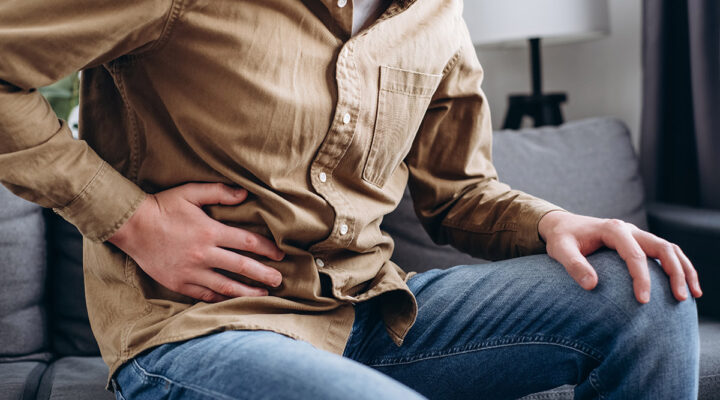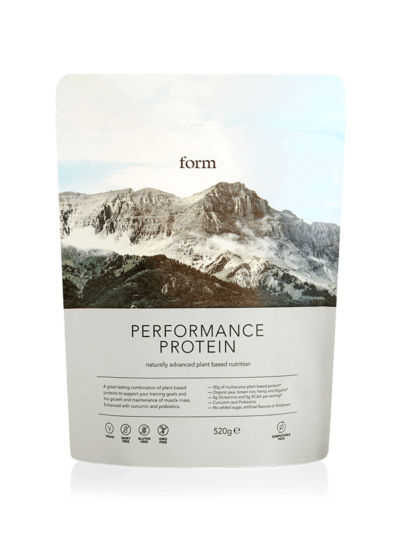Everything You Need to Know About Hay Fever (And Most Importantly, How to Stop It)

There are many reasons why people may be finding their hay fever symptoms have started earlier or are worse this year than before. Current events have caused a lot of anxiety and we know that new stresses can worsen symptoms. Alongside these stresses, lifestyle choices can also irritate any pre-existing hay fever, while experts have suggested climate change is leading to an extension of the grass and tree pollen season and causing it to start earlier.
Hay fever is extremely common in the UK affecting 1 in 4 people. Approximately 9 out of 10 people with hay fever are allergic to grass pollen which can cause a flare in symptoms from the end of April onwards, while tree pollen levels have already started to spike. Typically hay fever sufferers will endure symptoms through the summer when pollen counts are at their highest levels, but some unlucky people may be allergic to both grass and tree pollen meaning they experience hay fever symptoms for many months of the year.
If you’re already suffering, or likely to suffer, then here’s practicing GP and director at the British Society of Lifestyle Medicine, Dr. Chris George, on what you need to know, along with some useful recommended tips on how to reduce your symptoms.
What Is Hay Fever?
Hay fever is also called allergic rhinitis or nasal allergies. Symptoms can be seasonal, year-long, or occupational and typically include any of the following:
- Nasal congestion
- Runny nose
- Sneezing
- Post-nasal drip
- Watery, red or itchy eyes
- Coughing
- Tickly throat or roof of the mouth
- Itchy nose
- Sinus pressure and pain
- Itchy skin
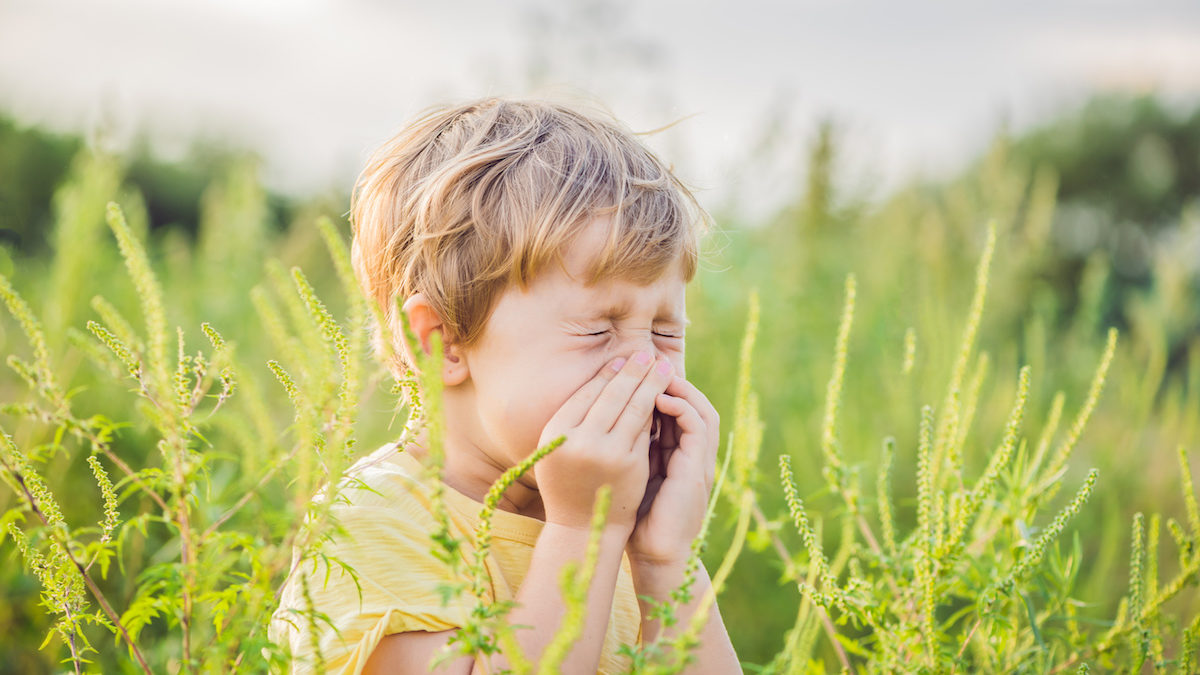
What Causes Hay Fever?
The exact reason why some people suffer from hay fever and others don’t isn’t exactly known but it’s thought to have something to do with an underlying genetic component. We do know that the likelihood of having hay fever is increased if someone in your family has the condition.
A person’s symptoms are usually triggered when they come into contact with what we call an allergen. This is a substance that causes an abnormal allergic reaction resulting in the classic hay fever-type symptoms.
A sensitive person’s immune system when it comes in contact with an allergen will recognise it as a foreign substance and produce an antibody called IgE. This antibody is then released and binds to the surface of mast cells causing the immediate and delayed release of various inflammatory mediators causing a person to develop the classic hay fever symptoms.
What Even Is Pollen?
For many hay fever sufferers the misery caused by pollen is all too familiar but what exactly is pollen and how does it cause hay fever?
Well, pollen is released by plants as part of their reproductive cycle. It’s a powdery substance which consists of pollen grains which are the male part of seed plants and essentially serve to pollinate the female part of plants. To do this it needs to be transported, and tends to rely on either insects, or the wind to do this for them. For these two reasons it gets everywhere, which is especially troublesome if you have an allergy to it (which as we’ve seen, most people do).
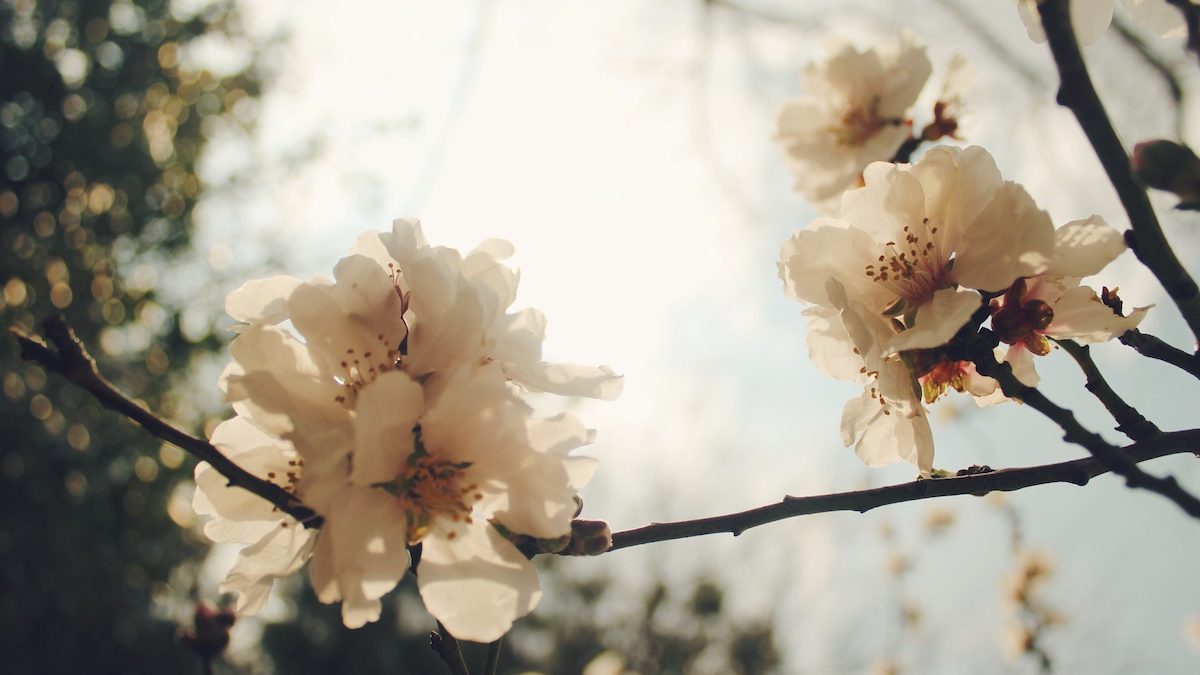
Seasonal Symptoms
Luckily, most pollen is only released seasonally. These are the windows to be aware of:
Grass: mid-May to July
Tree: mid-March to mid-May
Weed: late-June to October
The above seasons can provide a rough guide as to what may be causing your symptoms. It is worth noting that pollen allergies can be worse on hot, dry days when circulating winds are able to carry more pollen through the air.
Hay fever has also been reported to be on the rise in general during recent years, mainly down to an increase in air pollution which causes pollen grains to weaken, and from dryer temperatures as a result of global warming.
Symptoms all year round?
Persistent yearly symptoms are often caused by allergens present inside our homes and work-place, and commonly include:
- Dust mites
- Pet dander
- Mould and fungal spores
- Cockroaches
Whilst these symptoms tend to be present all year round the severity can vary with a seasonal element. Mould spores for example tend to be more prevalent in warmer and more humid weather.
How To Treat Your Hay Fever?
Now you know what you’re up against, here are some useful recommended tips on how to reduce your symptoms during these troublesome few months:
- Apply Vaseline around your nose to trap pollen.
- Wrap-around sunglasses can minimise contact to allergens.
- Shower and wash your clothes after coming in from outdoors to rinse off any pollen.
- Stay indoors whenever possible.
- Keep windows and doors shut if possible.
- Vacuum regularly and dust with a damp cloth.
- Buy a pollen filter for the air vents in your car and a vacuum cleaner with a special HEPA filter.
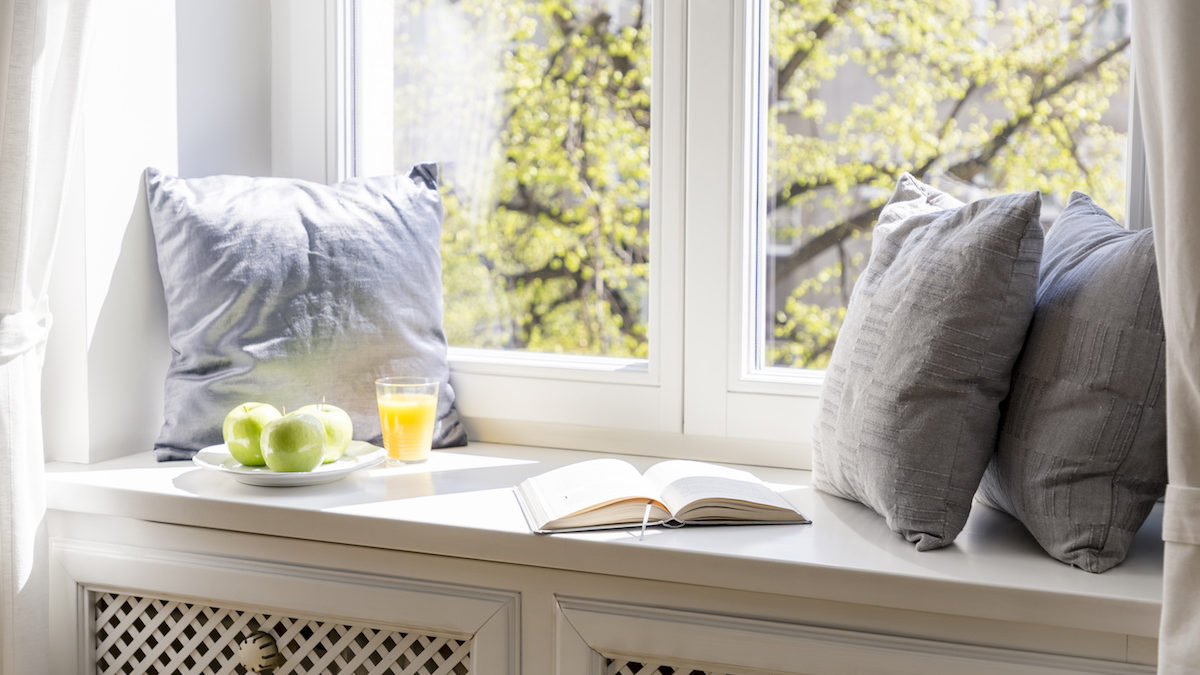
When To Seek Help?
Speak to your pharmacist if you’re having hay fever symptoms as there are an array of medications available over the counter including antihistamine drops, tablets and sprays, all of which can be bought without a prescription from your local pharmacy.
If your symptoms do not improve or get worse despite these medications then please see your own GP for further advice and treatment.
Dr. Chris George is a practicing GP and director at the British Society of Lifestyle Medicine.



